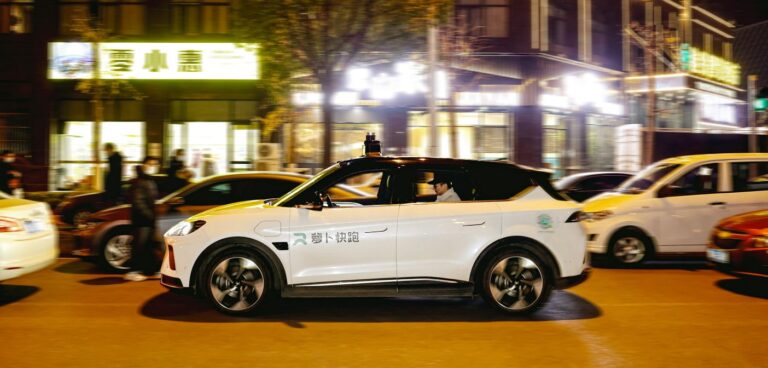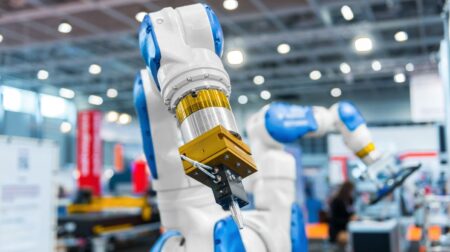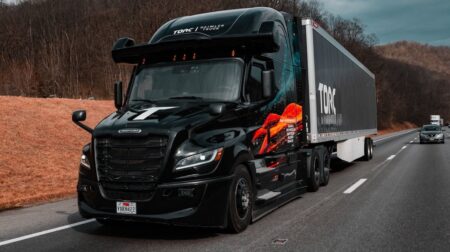Baidu, a Chinese provider of internet-related services, has announced a major development for its autonomous ride-hailing business in Beijing, after being granted a licence to test fully autonomous vehicles on public roads and expanding its robotaxi service in Wuhan to include 200 new vehicles.
The driverless robotaxis will operate on the streets of Beijing without drivers or safety personnel in the vehicle.
In Wuhan, the company’s operating area is set to triple in size and its service hours to increase to include evening hours.
The company claims this marks a key milestone on its autonomous ride-hailing roadmap, with Baidu planning to deploy a further 200 driverless robotaxis across China and develop the largest fully driverless ride-hailing service area in the world by the end of 2023.
The new licence will allow the company to operate 10 fully driverless test vehicles across am area of 20km² (7 square miles) in the Beijing Yizhuang Economic Development Zone.
This means Baidu’s cumulative area of operation and testing will have grown to more than 100km² (38.6 square miles) across China.
“Backed by the company’s solid foundation in AI, Baidu provides a safe, intelligent and efficient autonomous driving technology system, from fully driverless operation to large-scale commercial operation,” said Wang Chong, chief brand officer of Baidu Intelligent Driving Group.
“The generalisation ability of Baidu’s autonomous driving technology has progressed at a more advanced pace than expected.
“Now, the lead time to deploy autonomous driving technology in a new city is only 20 days.”
In Wuhan, the expansion of Baidu’s autonomous ride-hailing service platform Apollo Go means the company now serves an area with a population of one million.








